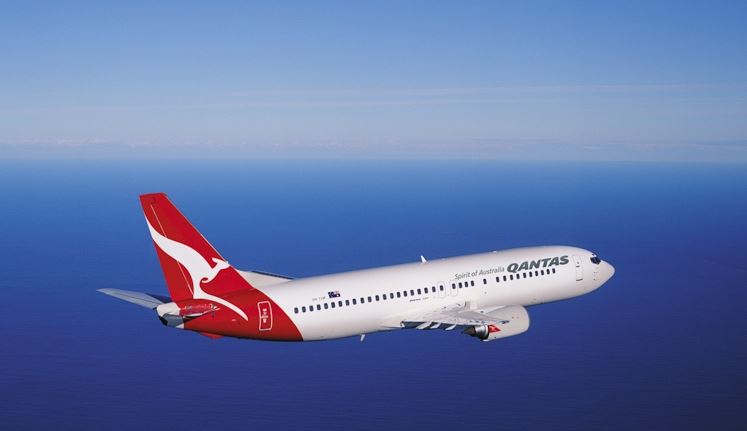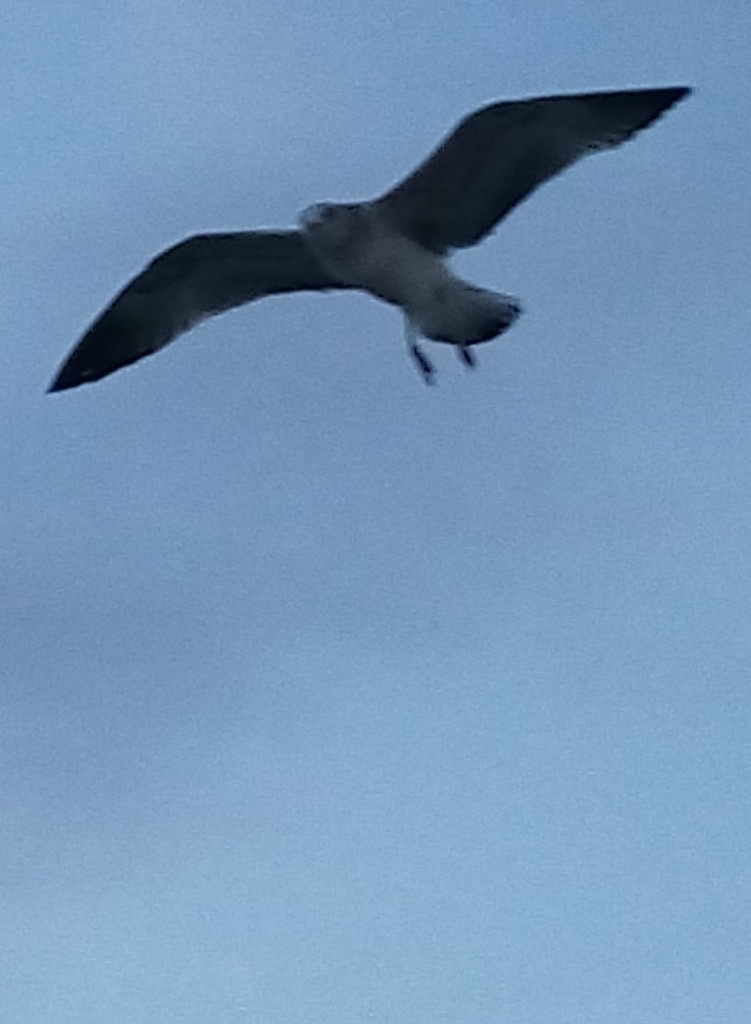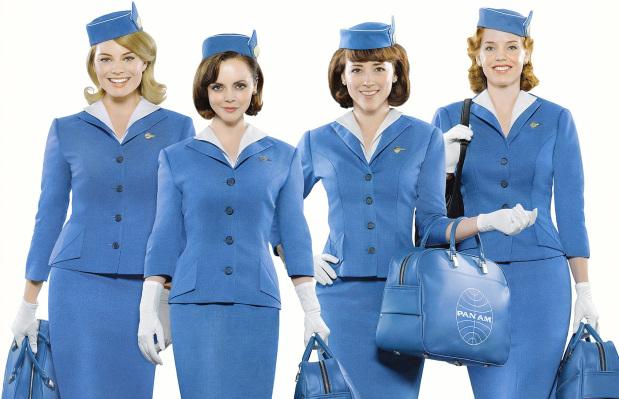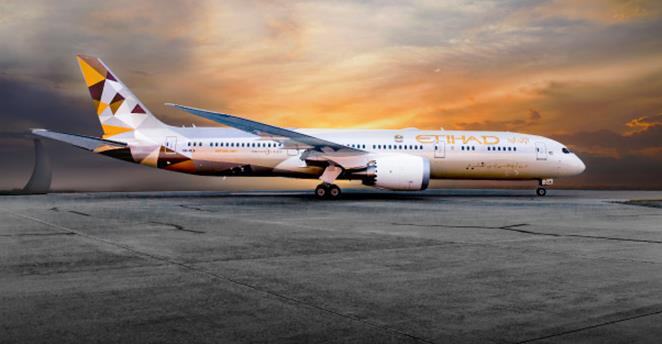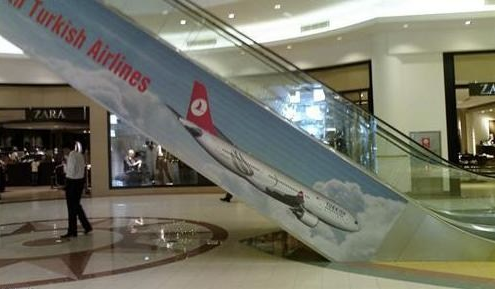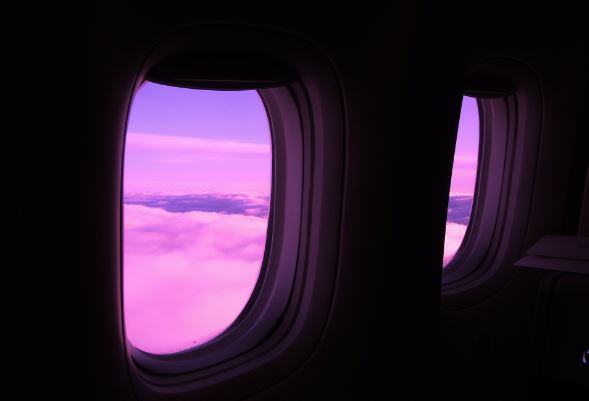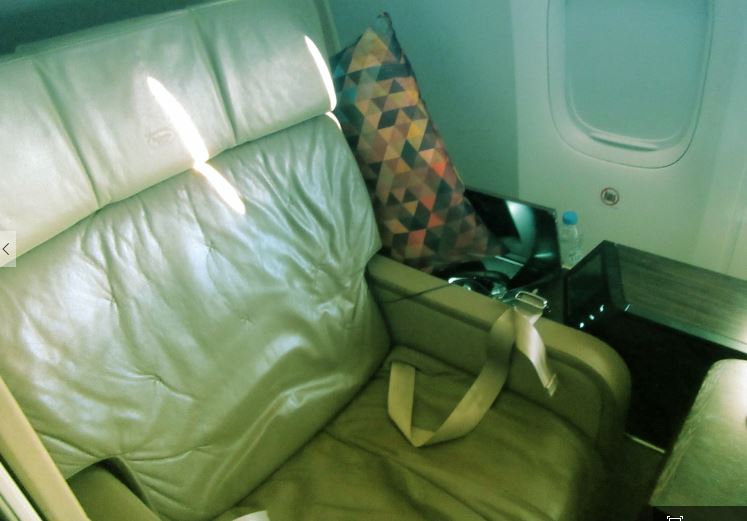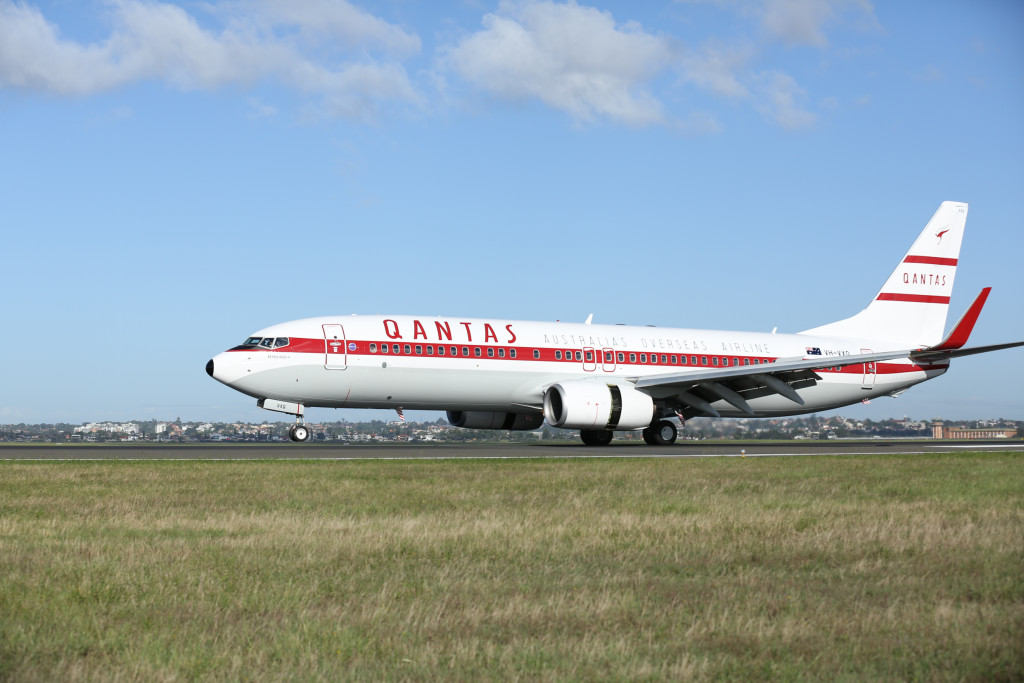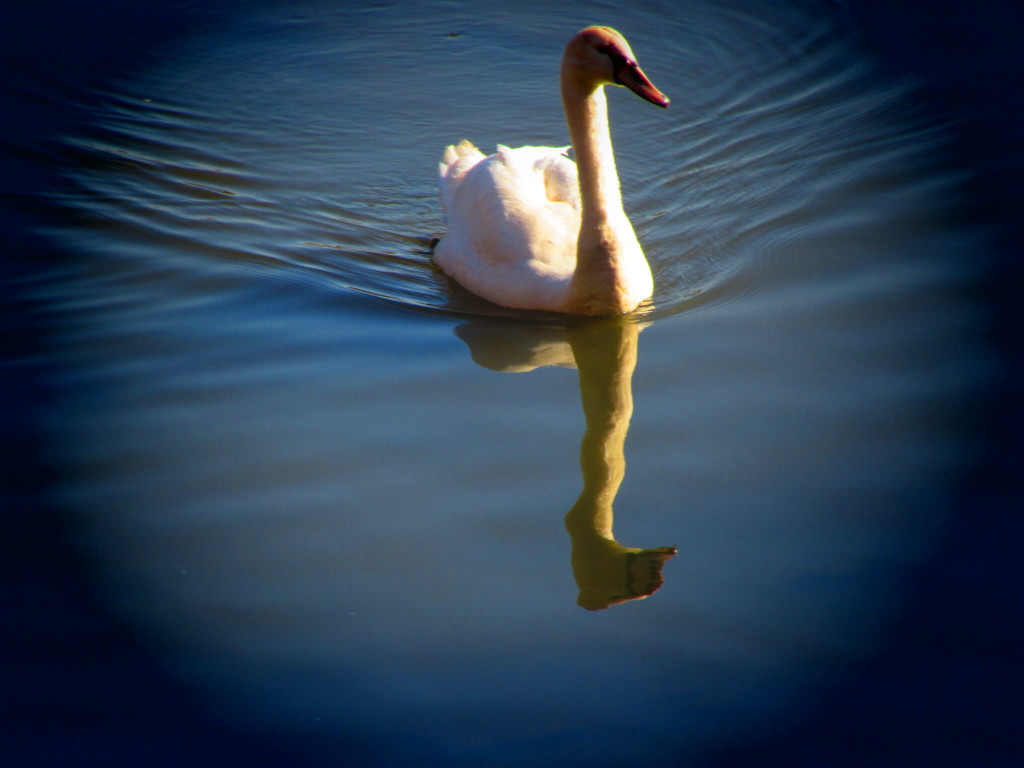
Picture this: you’re standing in a queue at the “bag drop” location in the airport. You know, the one that used to be called the check-in counter, but we’re all expected to check in online nowadays, so we can just drop our bags and go.
The only problem is that it takes longer to drop your bag and go than it used to take to check in, because there are fewer people to serve you, and most of the people in front of you haven’t actually checked in online, have some bizarre amount or type of luggage, or are just plain stupid.
So you’re looking at your watch and anticipating, with dread, the even longer queue at security and, if it’s an international flight, immigration.
By the time your turn comes at the bag drop, you’re angry. But you can’t appear angry because, if you do, your seat will be reassigned to the one next to the toilets and opposite the unaccompanied child passengers.
You are pleasant through gritted teeth, and you get through all procedures with enough time to steal a snack or a drink before boarding.
Despite the best efforts of the airline staff in setting out a boarding procedure, the scrum to get on to the plane resembles something from Dante’s Inferno. For a moment, you wish you were in hell; it couldn’t be worse.
And then you’re on the plane, and you find your seat. You are the only person in your row so far, and you pray to whichever deity you believe in that the other seats are vacant. Assuming this will not be the case, you start looking around to see if there are other vacancies nearby. As every traveller knows, once the “boarding complete” announcement is made, it’s open season on the empty rows.
But this flight is full to the brim, and there is no room to manoevre. You smile nervously as the last passenger — the one assigned to sit next to you — boards.
You size them up, and wonder whether they will be a talkative bore, a person with no sense of personal space, malodorous or a combination of all three.
It’s a red-eye flight, so you have the perfect way out. You pretend to sleep, even though you can’t.
When you arrive at your destination, you are tired and cranky. But you have to be polite to a whole new bunch of people, many of whom may not speak your language.
You cope with passport control, baggage collection, customs and even a taxi driver who, although you can’t prove a thing, you know is taking you the long way.
You’re shattered, but at last you are at your hotel. But the very pleasant receptionist tells you that you’re too early and your room won’t be ready for another four hours.
That’s when you dump your bags and go for a stroll. You see, hear, eat and smell things you’ve never seen, heard, tasted or smelt before, and you suddenly remember why you travel. The negativity floats away, and you’re already planning the next trip.


